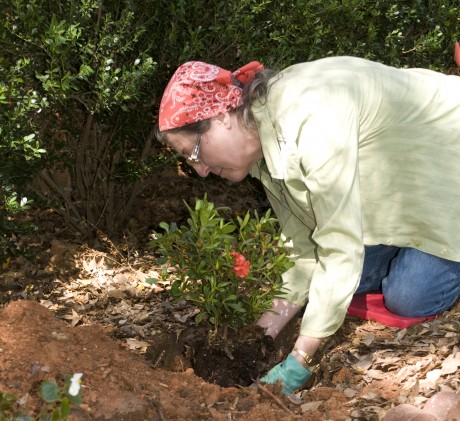Heat illnesses
How to recognize and treat heat-related conditions
By U.S. Centers for Disease Control
With summer comes lots of fun outdoor activities — whether you’re playing baseball, gardening or lying by the pool. No matter your sun-soaked activity of choice, Keep heat stress at bay — by knowing how to prevent heat-related illnesses and recognize the symptoms in yourself and others.
Heat stroke
The most serious of heat illnesses, heat stroke, can be deadly and swift. Your body temperature could rise to 106 degrees Fahrenheit or more in as little as 10 to 15 minutes. Heat stroke happens when your body temperature rises rapidly but cannot sweat quickly enough to cool itself. Symptoms include hot, dry skin or the opposite — profuse sweating, hallucinations, chills, throbbing headache, confusion or dizziness, and slurred speech.
If you see someone with the symptoms of heat stroke, immediately call 911 and move the person to a shady area. Try misting the person with cold water, soaking his or her clothes, or fanning the body.
Heat exhaustion
Heat exhaustion is the result of heavy sweating — extreme loss of salt and water. People prone to heat exhaustion include the elderly, those with high blood pressure, or people who work in hot conditions. Besides excessive sweating, symptoms include extreme weakness or fatigue, dizziness and confusion, nausea, clammy skin, muscle cramps and shallow, rapid breathing.
If a person suffers from heat exhaustion, move him or her to a shaded or air-conditioned area. The victim should drink cool — non-alcoholic — beverages and take a cool shower or bath.
Heat syncope
Sun-bathers may be prone to heat syncope, which is dizziness or fainting after lying (or standing) for long periods of time. Dehydration can contribute to an episode of heat syncope, so keep that water bottle handy when you head to the beach.
If you feel dizzy after lying for a long time, sit or lie back down in a cool place and sip on a cool beverage — water, sports drinks or clear juice.
Heat cramps
Folks who work or play sports outside in the heat may suffer from heat cramps, which result from low salt levels after heavy sweating. Stay alert if you feel cramping because it could be a symptom of heat exhaustion. Heat cramps usually are felt in the arms, legs or abdomen.
If you feel them, stop what you’re doing, sit in a cool place, and drink clear juice or a sports beverage. Take it easy for a few hours after you no longer feel the cramps — if you return to your activity, the condition could transition to heat exhaustion or heat stroke. If you have heart problems, are on a low-sodium diet, or the cramps do not go away in an hour, call a doctor.
Heat rash
Heavy sweating can cause a heat rash during hot, humid weather. It looks like a red cluster of pimples or small blisters that usually pop up on the neck or chest, groin and in the crook of your elbow. You can’t do much to treat heat rash besides keep the area dry and use baby powder to alleviate discomfort.
-
Share this story:


